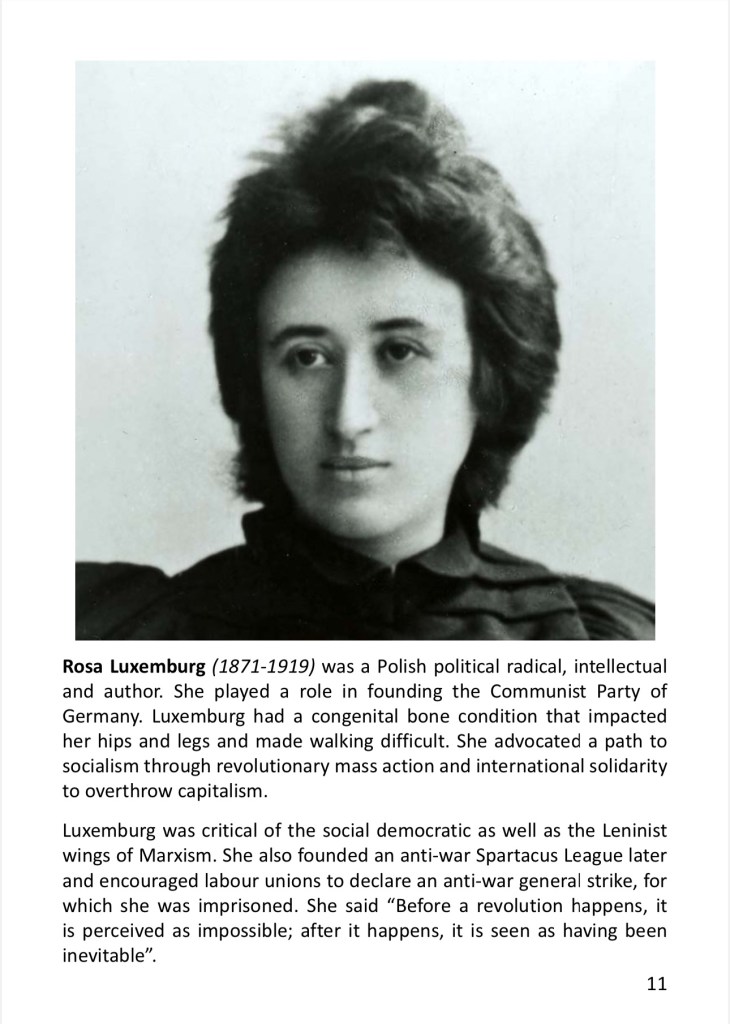By Victoria Nikiforova – Dec 5, 2022
The following essay is written and published by a columnist at Russia’s main state media outlet, RIA Novosti. The essay provides an overview of the achievements and the lasting legacy of the Union of Soviet Socialist Republics (USSR) for today’s Russia and for the world. It is not a comprehensive history of the USSR; that is for historians to continue to write and debate. The essay’s most salient feature is the insight into the thinking of the people of the Russian Federation at this very turbulent turning point in their history.
The essay voices the wholesale loss of positive expectations of the Russian Federation people for the Western imperialist countries as the latter escalate their drive to isolate and weaken their country and its government. Many other such writings are appearing in Russian media. Altogether, they reflect a deepening understanding in Russian society that world imperialism—headed by the United States and including the major powers of Europe and Japan–is very much alive, dangerous, and, quite literally, out to get them. There is a profound upheaval taking place in the political thinking and the aspirations of the many peoples of the Russian Federation.
Today’s Russia Is Upholding the Best of the Soviet Legacy



You must be logged in to post a comment.